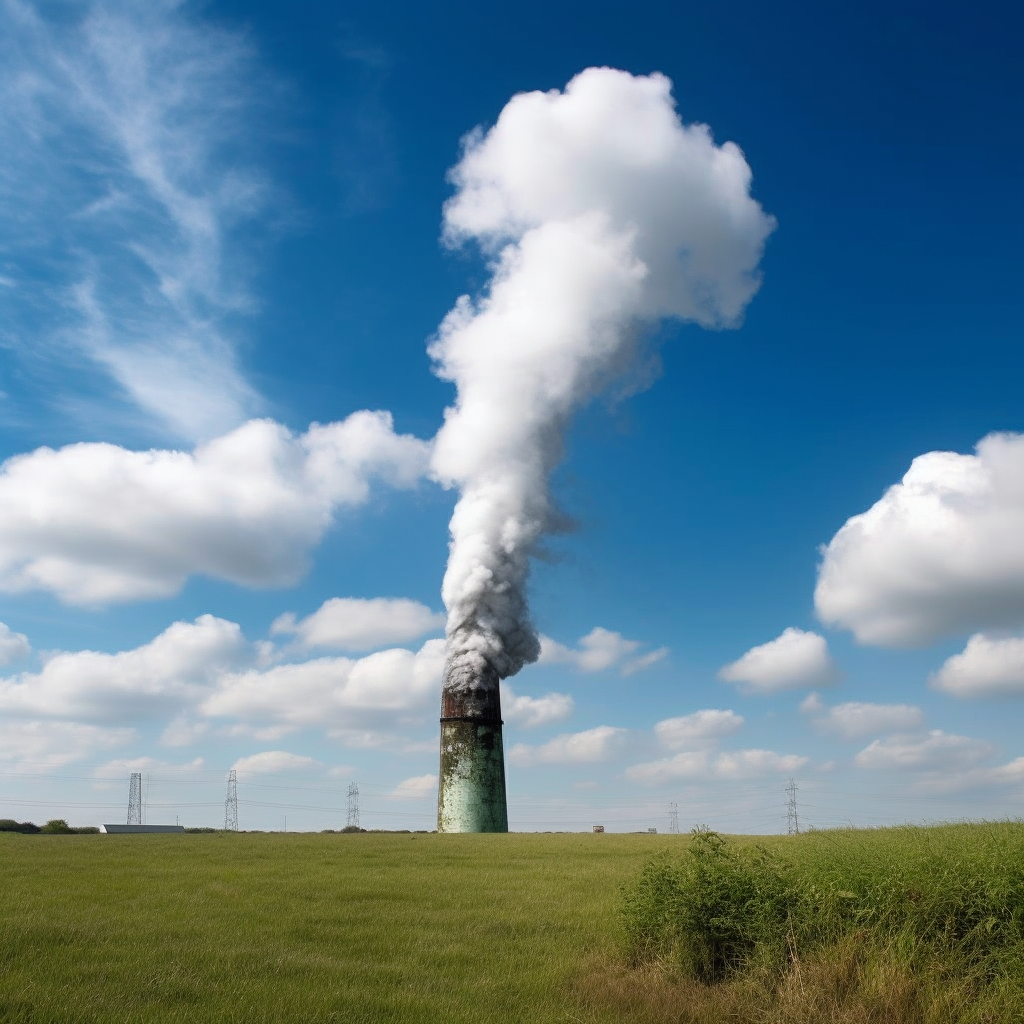May 24, 2023
The Urgent Need to Reduce Methane Emissions for the Sake of Our Climate
Book a Demo
Methane emissions are a significant contributor to global warming and climate change. Methane emissions from various sources, including agriculture and energy production, exacerbate the problem. In fact, methane emissions have a greater impact on climate change than CO2. The oil and gas industry’s unregulated methane emissions are also a significant contributor to the problem.
A staggering 87% of methane emissions are currently unregulated, making it crucial to implement regulations to reduce methane emissions. The study recommends reducing methane emissions to slow down the rate of climate change. It also recommends a global methane reduction target of 45% by 2030, requiring action from all sectors. The economic benefits of reducing methane emissions include job creation and cost savings.
Reducing methane emissions is critical in addressing climate change and limiting global warming. Unregulated methane emissions could cause the climate to warm by an additional 0.5 degrees Celsius by 2100. This warming effect can have a significant impact on human health, as well as the environment.
To reduce methane emissions, better monitoring and regulation are critical. Utilizing technology to capture and utilize methane can also help reduce emissions. The oil and gas industry can implement measures to reduce methane emissions, such as using low-emission equipment and practices.
Reducing methane emissions is a crucial step in addressing climate change and limiting global warming. Implementing regulations and utilizing technology can help reduce emissions and provide economic benefits. It is essential to take action now to reduce methane emissions and slow down the rate of climate change.



